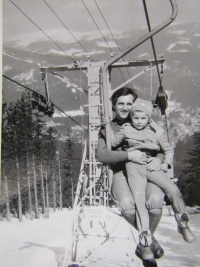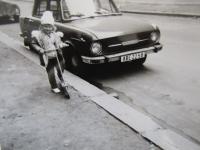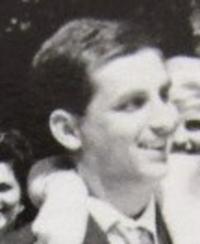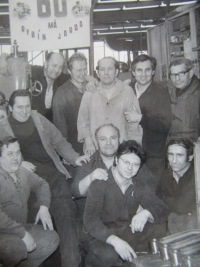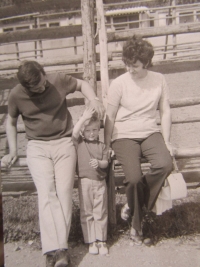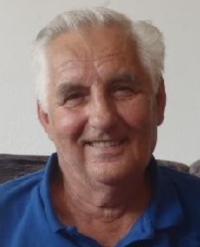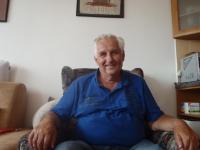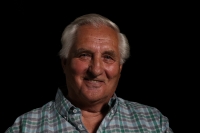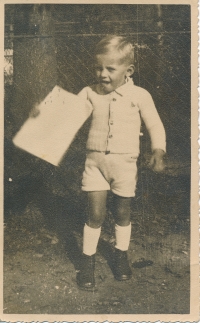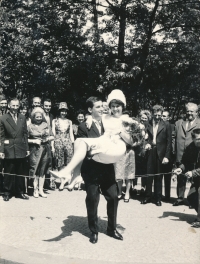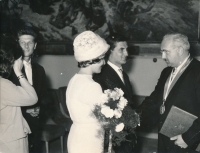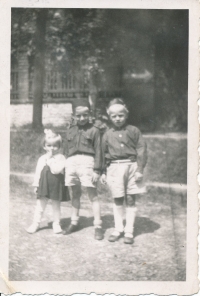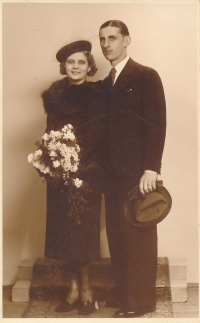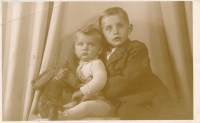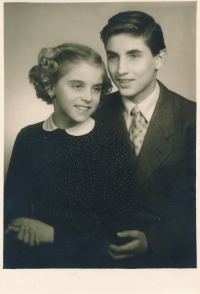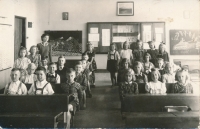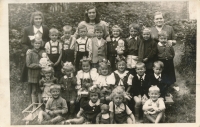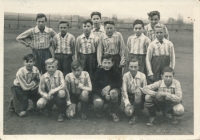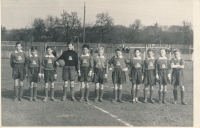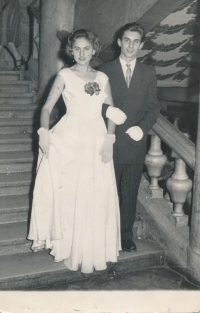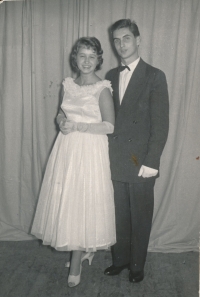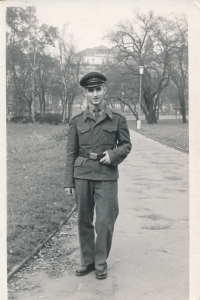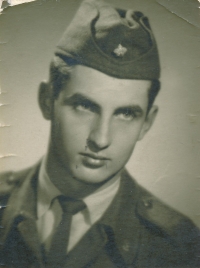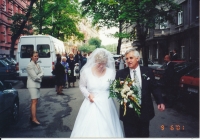When the national anthem plays, tears well up in my eyes

Stáhnout obrázek
Jaromír Pomahač was born on 8 December 1940 in Prague. At the end of the World War II he experienced air raids by ground attack fighters at the Malešice railway station, a plane crash into the Rokytka stream in Hrdlořeze and the bombing of Vysočany. He witnessed a firefight between General Vlasov‘s troops and German soldiers. In 1948 he participated in the XIth Sokol Meeting. His parents worked in a grocery shop, which they voluntarily closed down in 1948. Later, however, his non-worker background contributed to him not being admitted to [secondary] school. He trained as a turner and worked all his life in the Technometra Radotín company. In the 1950s, his father voluntareed to work for two years on an excavator in the mine in Ervěnice so that the family could obtain an apartment in Prague. Until the war the witness played football for Dynamo Motol team. He spent his military service at the Border and Internal Guard, mostly serving as a driver at the headquarters in Prague. Because of The Second Berlin Crisis, he had to stay three months longer in the army. He protested against the invasion of Warsaw Pact troops in August 1968. He also attended the funeral of Jan Palach. After August 1968, he left trade unions, then called Revolutionary Trade Union Movement (ROH). At Technometra, he participated in the production of undercarriage for L-29 Dolphin and L-39 Albatros aircrafts. He and his wife raised two daughters. In June 2021 he was living in Prague.
